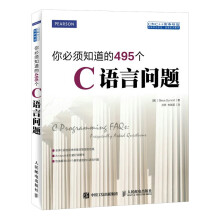The first step in developing a genuine poetics is to recognize and get rid of meaningless criticism, or talking about literature in a way that cannot help to build up a systematic structure of know. edge. This includes all the sonorous nonsense that we so often find in critical generalities, reflective comments, ideological perorations, and other consequences of taking a large view of an unorganized subject. It includes all lists of the "best" novels or poems or writers, whether their particular virtue is exclusiveness or inclusiveness. It includes all casual, sentimental, and prejudiced value judgments, and all the literary chit-chat which makes the reputations of poets boom and crash in an imaginary stock exchange. That wealthy investor Mr, Eliot, after dumping Milton on the market, is now buying him again; Donne has probably reached his peak and will begin to taper off; Tennyson may be in for a slight flutter but the Shelley stocks are still bearish. This sort of thing cannot be part of any systematic study, for a systematic study can only progress: whatever dithers or vacillates: or reacts is merely leisure-class gossip. The history of taste is no more a part of the structure of criticism than the Huxley-Wilberforce debate is a part of the structure of biological science.
I believe that if this distinction is maintained and applied to the critics of the past, what they have said about real criticism will show an astonishing amount of agreement, in which the outlines of a coherent and systematic study will begin to emerge. In the history of taste, where there are no facts, and where all. truths have been, in Hegelian fashion, split into half-truths in order to sharpen their cutting edges, we perhaps do feel that the study of literature is too relative and subjective ever to make any consistent sense. But as the. history of. taste has no organic connection with criticism, it can easily be separated. Mr. Eliots essay The Function of Criticism begins by laying down the principle that the existing monuments of literature form an ideal order among themselves, and are not simply collections of the writings of individuals.
展开










